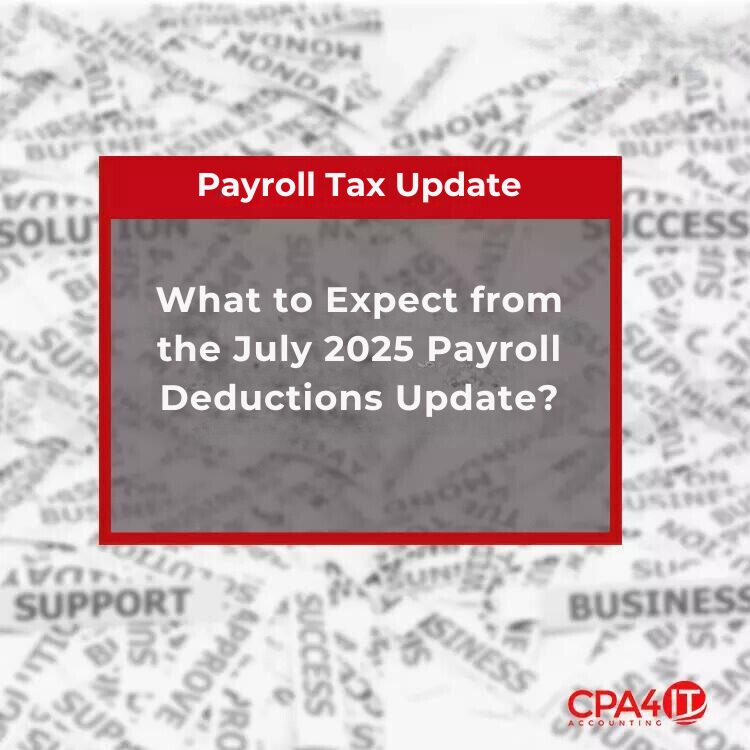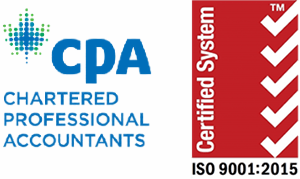As we roll into the fourth quarter of the year, you may be starting to consider your business goals for next year.
Given how 2020 has gone, maybe your primary ambition is to survive in 2022. Perhaps you’re going to create a recurring revenue stream or finally hire that general manager. Or maybe you’ve decided to start preparing for an exit.
Whatever your goals are, the most important thing you can do now is write down your plan to achieve them.
A Revealing Study
This point was driven home recently by a study published in the British Journal of Health Psychology. The project was designed to see what impact stimuli would have on participants’ level of exercise. Researchers divided a random sample of participants into three groups.
For the first group, the researchers asked the participants to track how frequently they exercised. They were told to read a passage of an unrelated book before beginning.
For the second group, researchers wanted to measure the impact that motivation would have on their exercise levels. The second group was also asked to track their activity levels and were then told to read a book’s motivational passage that outlined the benefits of exercise for maintaining a healthy weight.
The third group was asked to read the same motivational excerpt as the second group but had the additional task of writing down their exercise goals for the coming week.
The Results
When the researchers sat down to analyze the results, they were surprised to find that among the motivated group (group 2), just 35% exercised once per week. That was slightly less exercise than group 1 (36%) even though they were motivated to work out.
When the researchers analyzed the third group’s exercise log, they were stunned to find that 91% of them had worked out. The only difference between groups 2 and 3 was that the third group was asked to write down their goals. That simple task seems to have almost tripled their likelihood to succeed.
The researchers concluded that motivation alone has virtually no impact on our actions. Instead, it is motivation coupled with a written action plan of how you’re going to achieve your goals that has the most significant impact on your results.
Food for thought as you start thinking about making 2022 your best year yet.
Caption 2
Will your business be more valuable this time next year?
For many, January is a time of rebirth and resolutions. It’s a month to reflect on last year’s achievements and to set goals for the year ahead.
Some people will set personal goals like losing weight or quitting a nasty habit, and most company owners will set business goals that focus on hitting certain revenue or profit milestones. But if your goal is to own a more valuable business in 202, you may want to make one of the following resolutions:
- Take a two-week vacation without checking in with the office. When you return, you’ll see how well your company performed and where you need to make a key hire or create a new system.
- Write down at least one process per month. You know you need to document your systems, but you may be overwhelmed by the task of taking what’s inside your head and putting it down in writing for others to follow. Resolve to document one system a month and by the end of the year you’ll own a more sellable company.
- Offload at least one customer relationship. If you’re like most business owners, you’re still your company’s best salesperson, but this can be a liability in the eyes of an acquirer, which is why you should wean your customers off relying on you as their point person. By the time you sell, none of your key customers should think of you as their relationship manager.
- Cultivate a new relationship with a new supplier. Having a “go to” group of suppliers is great, but an over-reliance on one or two suppliers can create a liability for your business. By spreading some of your business to other suppliers, you keep your best suppliers hungry and you can make a case to an acquirer that you have other sources of supply for your critical inputs.
- Create a recurring revenue stream. Valuable companies can look into the future and see where their revenue is going to come from. Recurring revenue models can vary from charging customers a small amount for a special level of service to offering a warranty or service contract.
- Find your lease (and any other key contracts). When it comes time to sell your company, a buyer will want to see your lease and understand your obligations to your landlord. Having your lease handy can save time and avoid any nasty surprises at the eleventh hour in the process of selling your company.
- Check your contracts and make sure they would survive the change of ownership of your company. If not, talk to your lawyer about adding a line to your agreements that states the obligations of the contract “surviving” in the event of a change of ownership of your company.
- Start tracking your Net Promoter Score (NPS). The NPS methodology is the best predictor that your customers will re-purchase from you and/or refer you, which are two key indicators of a healthy and successful company. It’s also why many strategic acquirers and private equity companies use NPS as a way to measure the health of their acquisition targets during due diligence.
- Get your Value Builder Score. All goals start with a benchmark of where you’re at today, and by understanding your company’s Value Builder Score, you can pinpoint how you’re doing now and which areas of your business are dragging down your company’s value.
A lot of company owners will set New Year’s resolutions around their revenue or profits for the year ahead, but those goals are blunt instruments. Instead of just building a bigger company, also consider making this the year you build a more valuable one.







